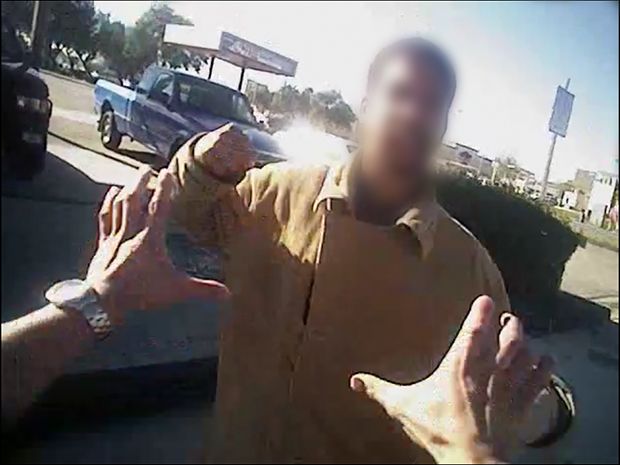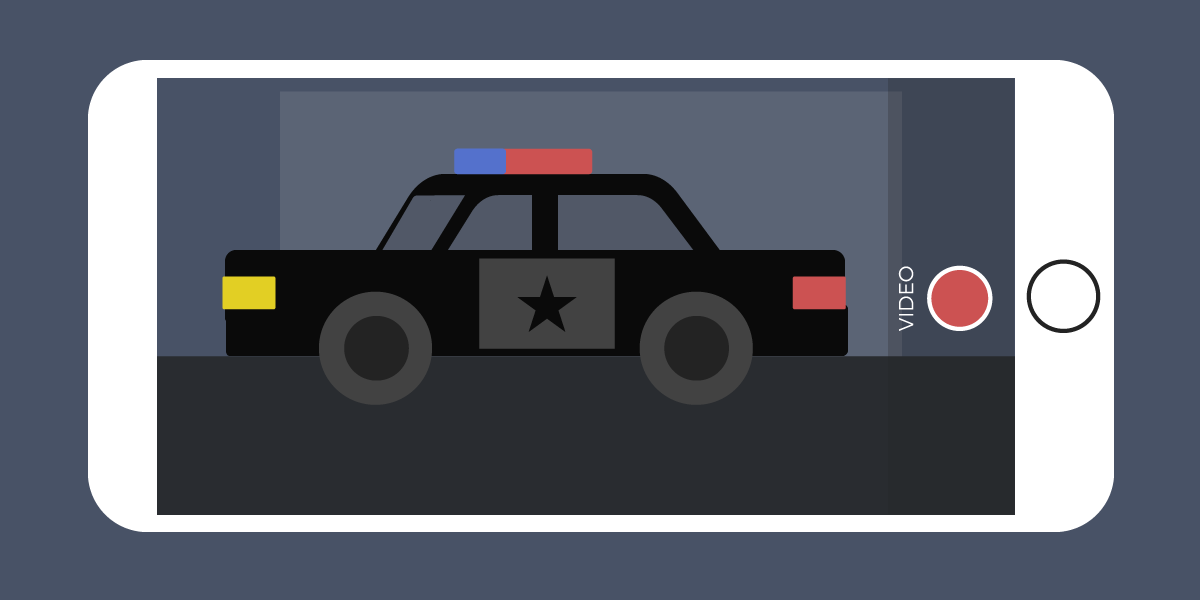
Excellent article in NPR by Martin Kaste reports that drug-sniffing dogs are not impartial. Ironically, this phenomenon was proven by police body camera evidence.
For decades, American courts have had to take it on faith that drug-sniffing dogs were impartial. Testimony by a dog’s handler, along with training records and credentialing by a local K-9 organization, were usually enough. But the recent spread of body cameras now threatens to upend that faith.
Historically, that claim would have been nearly impossible to prove. However, a recent lawsuit reveals a nagging doubt about drug-sniffing dogs: that handlers might influence them to alert to a scent that may not be there.
FEDERAL LAWSUIT IN TEXAS POTENTIALLY UNDERMINES K-9 UNIT LEGITIMACY.
A newly filed federal lawsuit in Texas shows cameras’ potential to undermine K-9 unit legitimacy. Houston resident Alek Schott accuses Bexar County Sheriff’s deputy Joel Babb of pulling him over on Interstate 35 on false pretenses, and then, when he refused to give permission to search his pickup truck, he says K-9 unit deputy Martin A. Molina III prompted his dog to “alert” to the scent of drugs.
Here, Schott requested and received the officers’ body camera footage, giving him almost the same view the K-9 handler had — including the moment the handler’s right hand made a gesture toward the attentive dog, which then jumped up on the pickup’s door. No drugs were found in Schott’s pickup, and the county later reimbursed him for damage done during the search — including dog scratches outside and inside the truck.
ARE K-9 POLICE TRAINED TO “ALERT” ON COMMAND?
Research has shown handlers may not even realize they’re doing it. Some K-9 trainers have called for “double-blind” testing of the dogs, in which the location and existence of test drugs are randomized, unknown even to the dog’s handler. But that approach has been slow to catch on, and is often met with hostility.
Former K-9 officer and trainer Andy Falco hopes the spread of body cameras will change that. Falco works as an expert witness in cases involving sniffer dogs, and he says the number of legal challenges based on close-up video has exploded. Most cases involve cameras, now, and close-up reviews of every gesture and move of handlers and dogs. In one case he worked on, the Idaho Supreme Court threw out a drug conviction because it decided the K-9 “trespassed” on a vehicle with its paw — a degree of after-the-fact scrutiny that would have been impossible before body cameras.
“I think it’s good for the K-9 units that these things are out there . . . It’ll make them train harder, and perhaps even some of them that weren’t doing double-blind sniffs will start doing double-blind sniffs.” ~Former K-9 Officer Andy Falco
And when Falco is shown the video from Bexar County, he sees why Schott is suing. “The right hand facing up, and then moving it upward — that is the command to sit. There’s not any reason why he would be doing it where he’s doing it, so it is out of place,” he says. “That appears to be a cue of some sort that he gives the dog.”
Other K-9 trainers say the video isn’t a slam-dunk, and that there could be innocent explanations for the gesture. But one thing is clear to them: going forward, K-9 units should expect their every move and gesture could come under review after the search is over.
Please contact my office if you, a friend or family member are charged with a crime. Hiring an effective and competent defense attorney is the first and best step toward justice.













